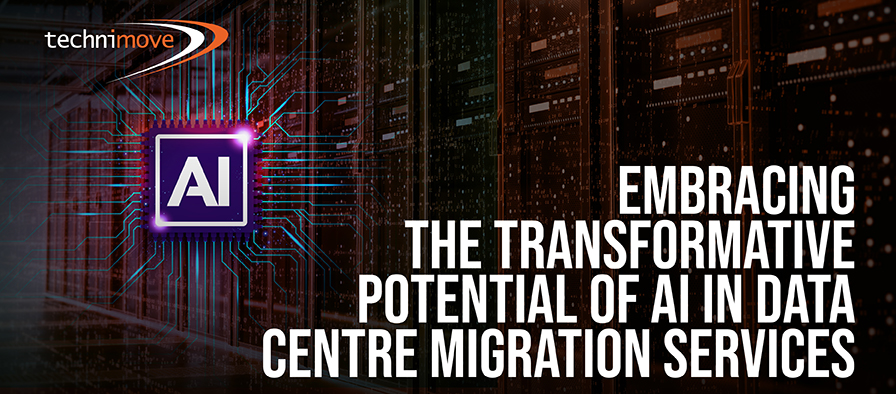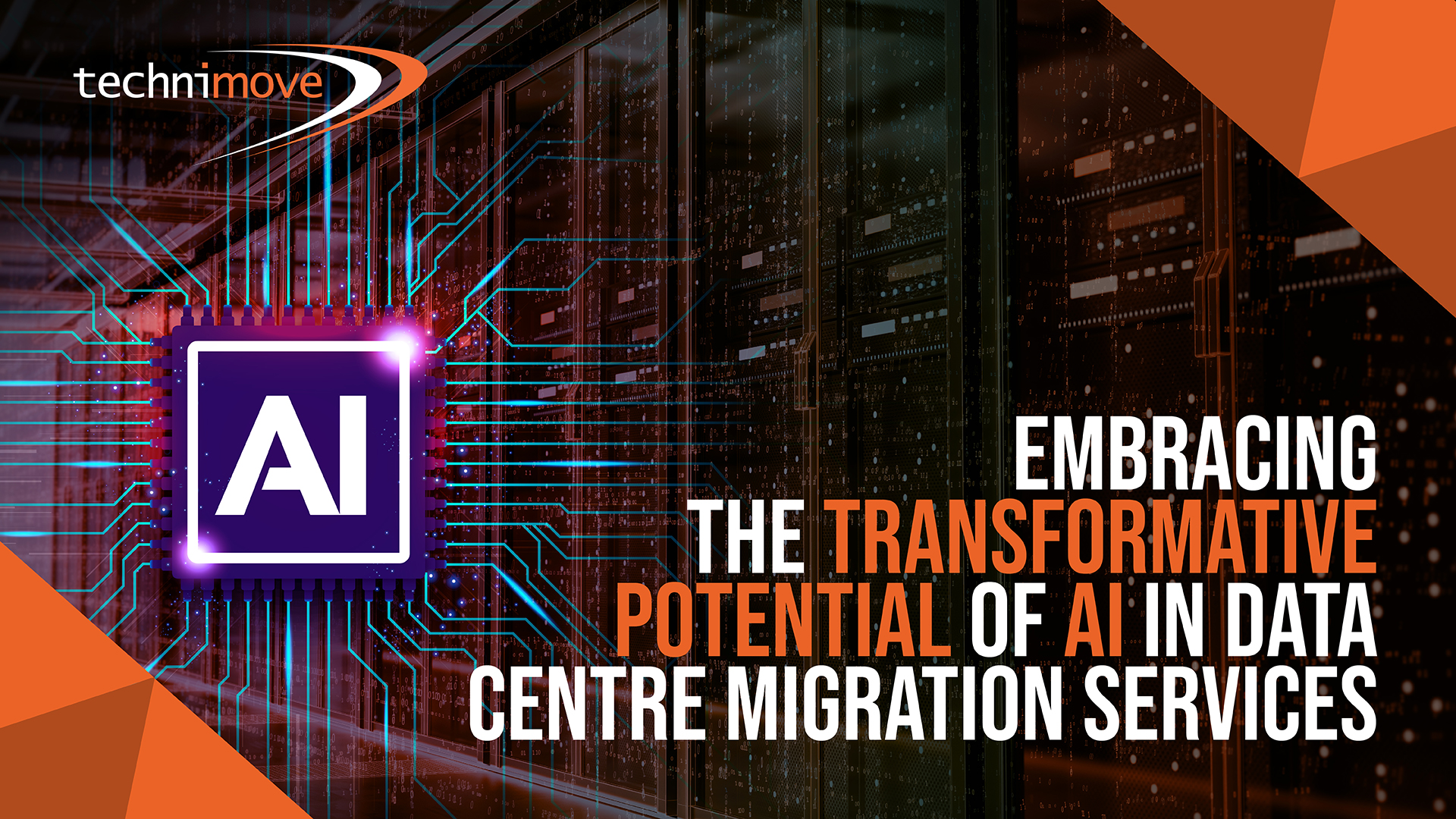Introduction
In today’s data-driven world, businesses are constantly evolving, and their data centre needs are changing accordingly. Data centre migration services play a crucial role in helping organisations seamlessly transition their IT infrastructure to more efficient, secure, and scalable environments.
The emergence of artificial intelligence is poised to revolutionise this field, bringing forth a myriad of benefits and transforming the way data centre migration services are conducted.
In this blog, we explore the potential impact of AI on data centre migration services and how it can enhance efficiency, minimise risks, and unlock new opportunities.
1. Streamlining the Planning Process
Data centre migrations require meticulous planning to ensure minimal disruption to operations. AI-powered algorithms can analyse vast amounts of data, including network dependencies, workload performance, and resource utilisation patterns, to develop comprehensive migration plans.
These algorithms can identify potential bottlenecks, predict resource requirements, and optimise the overall migration strategy. By automating and accelerating the planning phase, AI simplifies the complex task of data centre migration.
2. Intelligent Workload Placement
AI’s ability to analyse and classify workloads based on performance requirements and dependencies can greatly facilitate workload placement during the migration process. By leveraging machine learning algorithms, AI can identify the optimal location for each workload, considering factors such as resource availability, latency, and security requirements.
This intelligent workload placement ensures efficient resource allocation and minimises downtime, resulting in a smoother migration experience.
3. Predictive Analytics and Risk Mitigation
Data centre migrations inherently carry risks, including potential data loss, service disruption, and security vulnerabilities. AI can significantly mitigate these risks through predictive analytics.
By analysing historical data, AI models can forecast potential challenges and vulnerabilities during the migration process. This enables proactive risk management and empowers data centre migration teams to address issues before they escalate, ensuring a more secure and reliable migration.
4. Automation of Repetitive Tasks
AI excels at automating repetitive tasks that traditionally require manual effort. In data centre migrations, there are numerous repetitive activities, such as inventory management, data validation, and configuration updates. AI-driven automation tools can streamline these processes, reducing human error, and improving overall efficiency.
By automating time-consuming tasks, data centre migration services can optimise resource utilisation and accelerate project timelines.
5. Continuous Monitoring and Optimisation
Post-migration, AI continues to play a vital role in optimising data centre performance. AI-powered monitoring systems can collect and analyse real-time data on system health, performance metrics, and security threats.
By detecting anomalies and deviations from expected behaviour, AI can provide actionable insights to improve resource utilisation, enhance energy efficiency, and proactively address potential issues.
This continuous monitoring and optimisation contribute to the long-term success of data centre operations.
Conclusion
The integration of AI into data centre migration services marks a significant leap forward in optimising efficiency, minimising risks, and unlocking new opportunities. By leveraging AI’s capabilities in planning, workload placement, predictive analytics, automation, and continuous monitoring, organisations can achieve smoother, faster, and more secure data centre migrations.
As AI continues to evolve, it will undoubtedly reshape the landscape of data centre migration services, enabling businesses to adapt to changing technology landscapes with confidence and agility.

